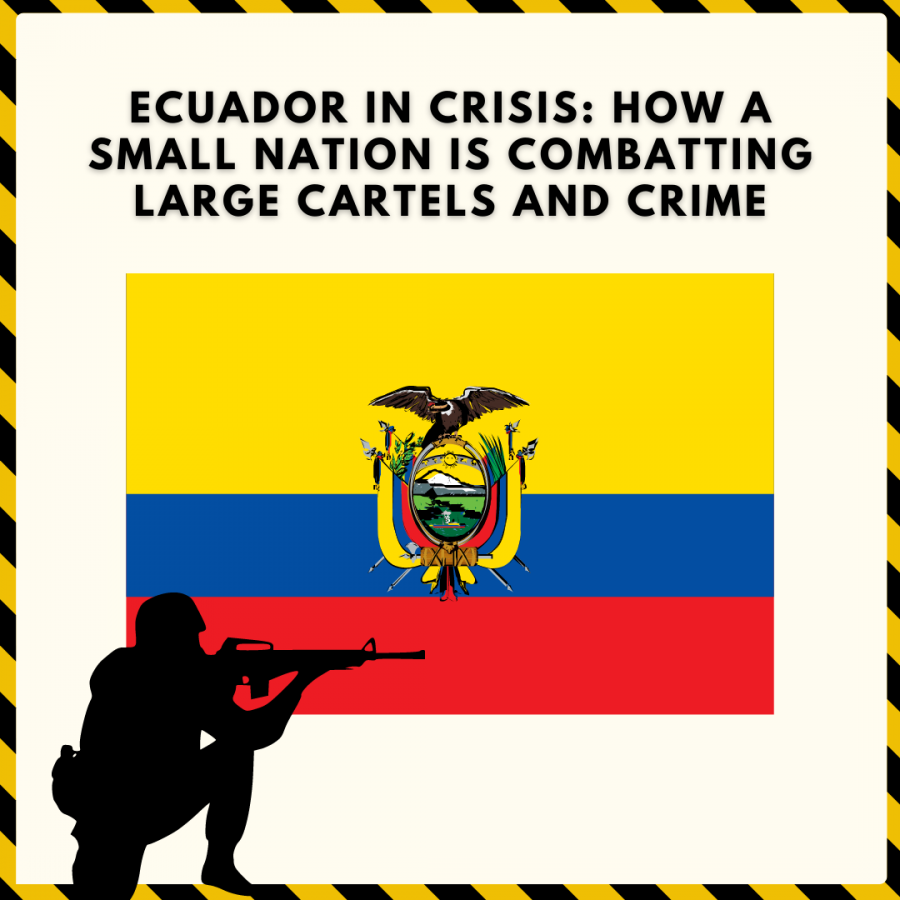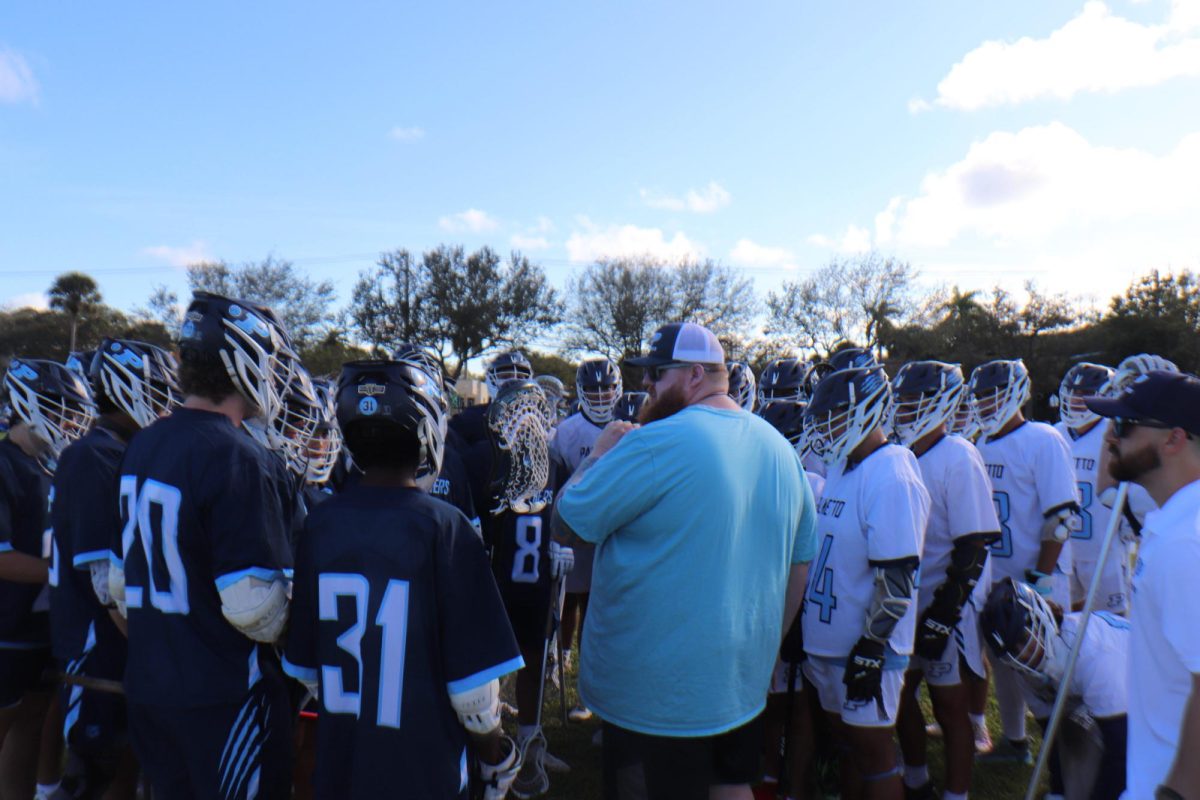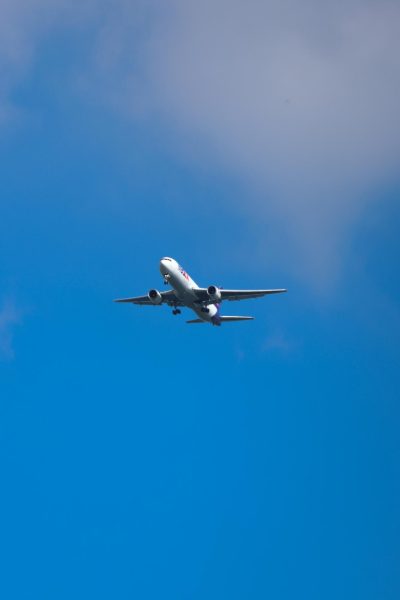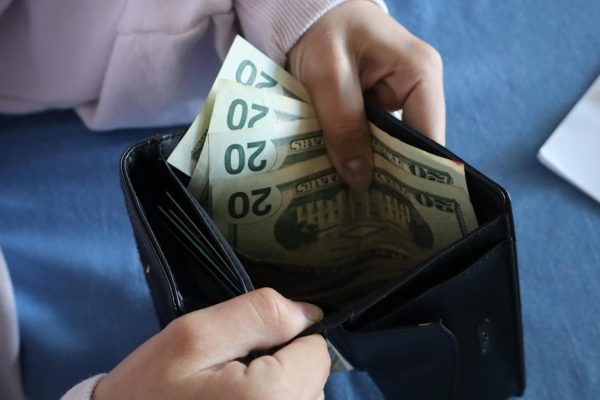Ecuador in Crisis: How a Small Nation is Combatting Large Cartels and Crime
November 26, 2021
Ecuador, a small country on the western coast of South America, is most famous for its picturesque Galápagos Islands, which attract about 150,000 tourists per year. Teeming with life and biodiversity that cannot be found anywhere else on the planet, the islands have been deemed a natural wonder of the world. However, the reality of life for Ecuadorian locals is less enchanting and more violent as crime rates have recently skyrocketed due to an increase of gang-related activities in the country.
Due to Ecuador’s geographical positioning as a coastal country, groups such as the Choneros — one of Ecuador’s largest gangs and transporter of cocaine for international cartels — have historically used the nation’s ports to traffic drugs from Colombia to Mexico. Recently, larger international cartels have provided money and weapons to small Ecuadorian gangs to gain more control over the drug dealings within the country. For reference, Mexico’s Sinaloa Cartel backs the Choneros, and the Jalisco New Generation cartel backs its rivals: the Lobos, Tiguerones, Chone Killers and Largartos. By providing these gangs the means to go to war — which the cartels have done — chaos and violence have ensued throughout Ecuador.
Last month, Ecuadorian President Guillermo Lasso declared a state of emergency as crimes increased with the rising gang activity and drug use in the country. Lasso stated that Ecuador has begun a transition from a drug-trafficking hub to one of drug-use as well. As the cartels’ hold on the country grows, so has the citizens’ dependence on drugs. As citizens consume more drugs, more crimes are committed such as homicide, home burglary, auto theft and mugging.
To combat the soaring crime rate, Lasso’s state of emergency has allowed authorities to call for the deployment of the military and impose restrictions on citizens. Stationed in the streets, soldiers continue to work in attempts to create peace within the country.
However, innocent citizens have gotten hurt due to the increased military and police presence. During the weekend of Oct. 16 to 17, a 13-year-old boy having ice cream with his family in Guayaquil died in the crossfire between a gunman and the authorities. Lasso has also created a legal defense unit to defend officers facing lawsuits.
The cartel’s presence is especially evident in Ecuadorian prisons. On Nov. 13, a gang war at Litoral Penitentiary in Guayaquil left 68 dead. Such instances serve as evidence of the growing influence of international crime and drug trafficking gangs within Ecuador. Lasso has also called on the U.S. for financial help in fighting the drug crisis that the country faces.
As of Nov. 19, Lasso extended the state of emergency by 30 days in nine provinces. In accordance with the state of emergency, Police and military continue their work to combat gang and drug-related crime. Within the past month, forces broke up 76 gangs, confiscated 16 tons of drugs and detained 7,000 people through 230,000 operations.











